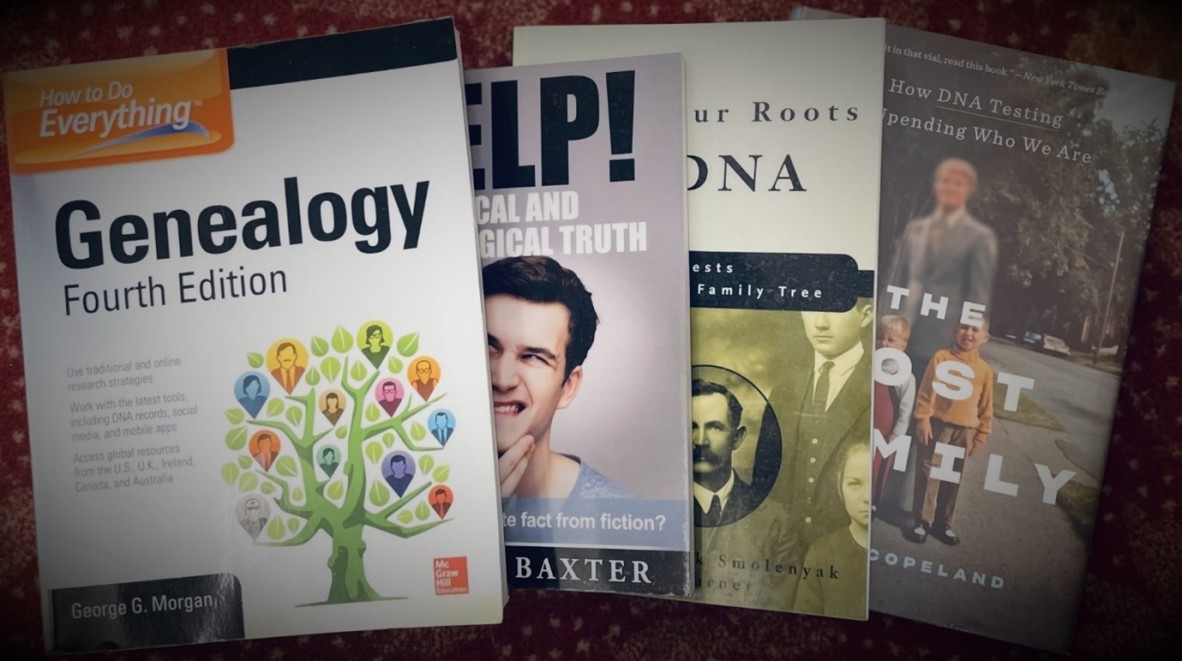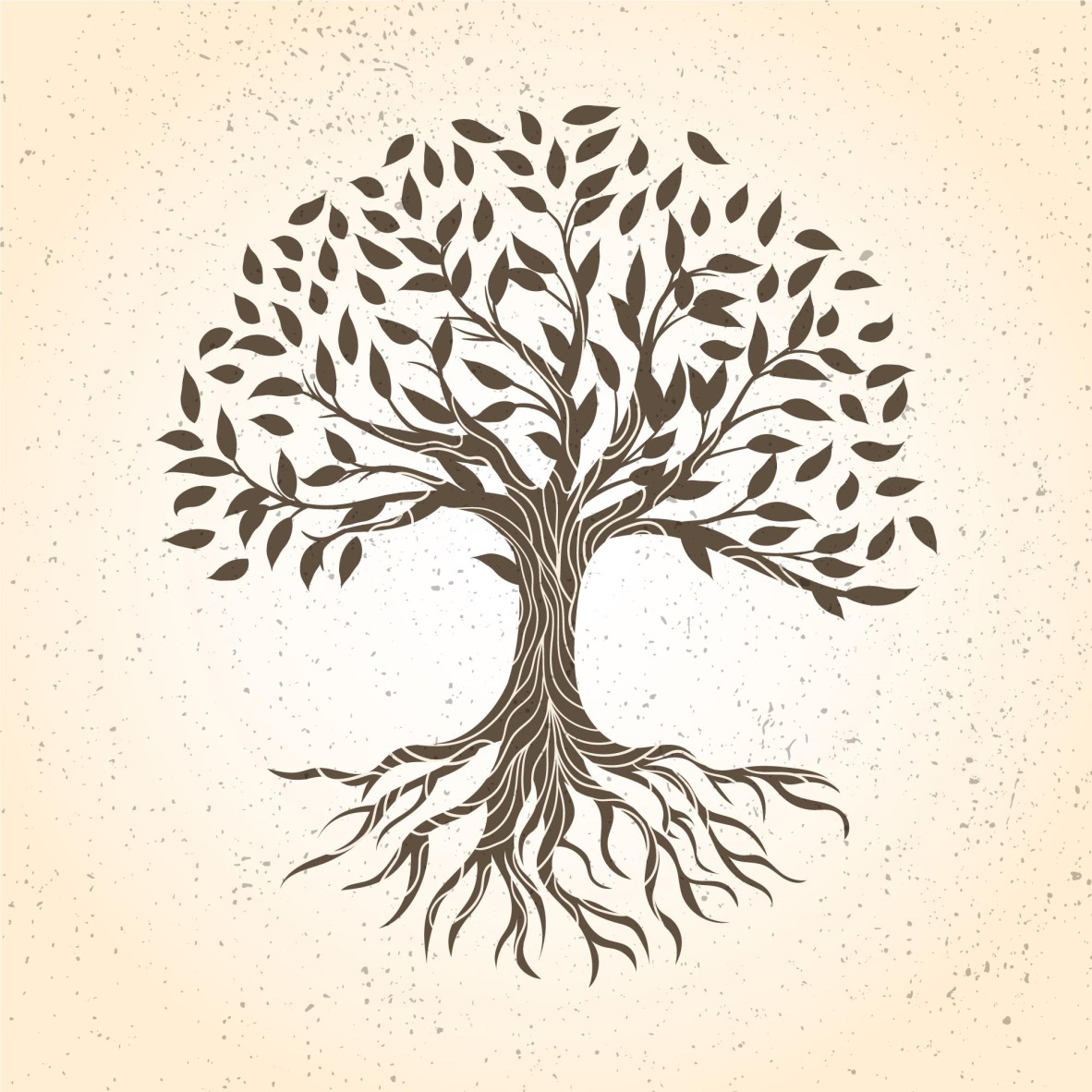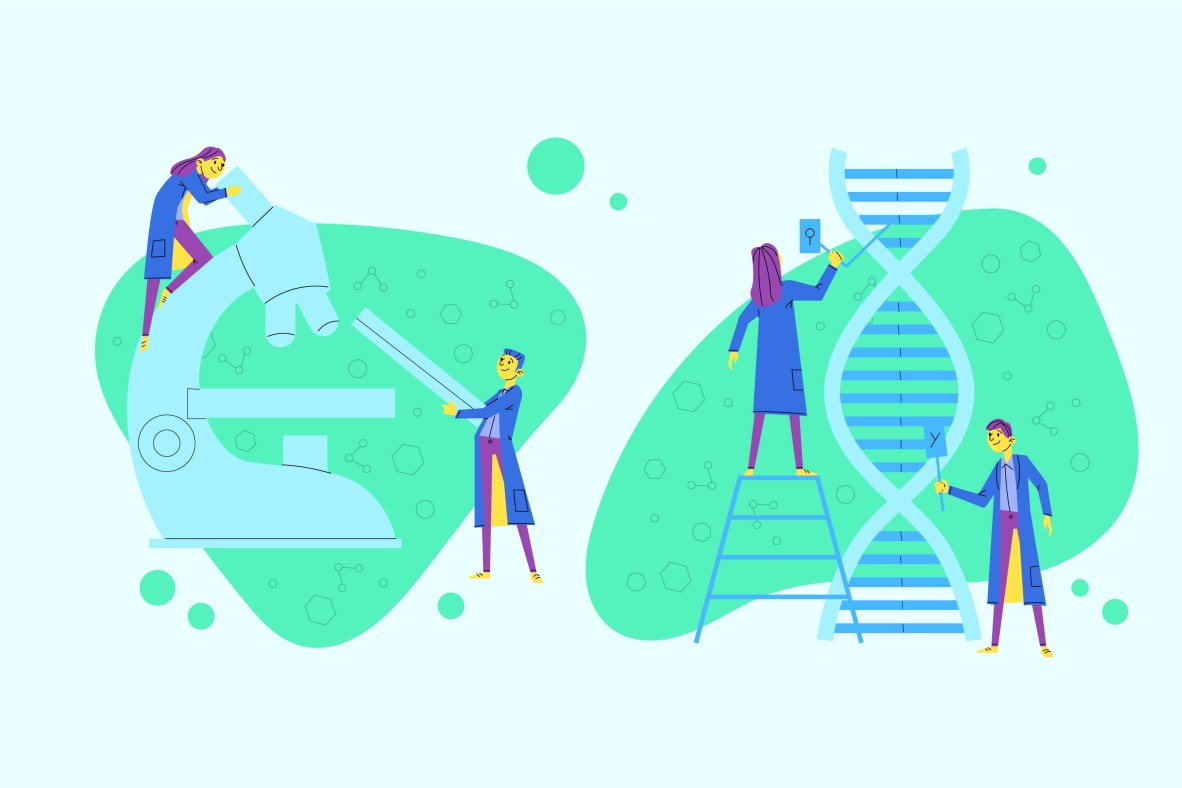DNA family history: making an informed decision
By Cyrena Mazlin, Librarian, Library and Client Services | 2 August 2023
State Library of Queensland has an extensive collection of records and other resources to assist you in understanding your family’s heritage. From access to databases such as Ancestry Library Edition and FindMyPast, to microform electoral rolls, historical newspapers, church records, and Post Office Directories, there are numerous avenues to explore when undertaking traditional family history research. And yet, even the most straightforward genealogical journeys encounter roadblocks; be it missing or questionable records, unregistered births, adoptions, or suspected name changes, question marks around certain ancestors and events are, unfortunately, par for the course.
Genetic genealogy: Where records meet DNA
Given these roadblocks, genetic genealogy – the combined usage of genetic analysis and traditional research methods to build a family history – offers new possibilities. DNA test results rarely answer all your family history questions, but they have the potential to offer further detail, eliminate ambiguity, or throw curveballs that create more questions than you had prior to posting your DNA sample to a laboratory.
So, what types of DNA tests are available, and what can these test results tell us about our heritage? And, perhaps most pertinent, how can you make an informed decision about whether DNA testing is the best option for your family history research?
DNA tests
There are three types of DNA tests available to family history enthusiasts, each one analysing a different kind of genetic material.
1. Autosomal DNA testing
Autosomal DNA testing is the newest and most popular type of DNA test. It looks at our autosomes, which comprise the 22 sets of chromosomes that are not responsible for determining a human’s sex. For genealogists, autosomal testing is the most comprehensive, as it analyses genetic material provided by both parents, and their parents before them. Autosomal DNA testing can give us information about our ethnicity (in relation to genetics), and it has the benefit of providing detail about both parents’ family lines. It can identify those to whom we are closely related (if their DNA has also been tested) and can link familial ancestors up to 7 generations past. Beyond 5 to 7 generations, autosomal DNA testing will not identify exact relationships, only suggest shared ethnicity. It is important to note that the value of autosomal testing relies on the size and content of the DNA database to which you submit your sample. As time passes and the volume of DNA samples accumulates, you will build a more complete picture of your genetic ancestry.
2. Y-DNA testing
The second test option available is perhaps the most restrictive, as it is only available to males. Y-DNA testing looks at the Y chromosome, which men inherit from their fathers (most females do not have this chromosome). This testing is effective for investigating patrilineal lines, for finding out if someone who has the same surname is related, and for giving information about where our ancient ancestors resided. It cannot, however, give a complete picture of our genetic ancestry without the matrilineal line, nor is it particularly useful when it comes to filling out the details in our immediate family trees.
3. Mitochondrial DNA testing
The third kind of DNA testing is mitochondrial DNA testing. Mitochondrial DNA is found outside the nucleus (unlike autosomal and Y-DNA), and it is inherited from our mothers. As a result, mitochondrial DNA testing tells us about our matrilineal line. However, like Y-DNA testing, it can only offer a one-sided view of our ancestry. While neither Y-DNA nor mitochondrial DNA can provide insight into our overall ethnicity, both tests can suggest the cultures of some of our genetic ancestors and reveal migration paths our ancestors have taken.
Decision time
Before spitting into a vial and sending off your DNA, it is wise to do some reading. Do your research and choose a reputable company whose database of DNA is secure and as comprehensive and relevant to your family history as possible. State Library has some excellent resources to assist you in identifying which test is best suited to your needs, what outcomes to expect, and how to evaluate your test results. There are also several highly engaging and informative memoirs that detail individuals’ forays into genetic genealogy and reveal how DNA test results have the potential to transform our perceptions of our lives.
A common thread among these texts is to proceed with caution: your DNA is yours, but what it reveals about you can have profound effects on your life and on the lives of many others.

Image: State Library of Queensland
Recommended Reading
The following collection items provide a comprehensive overview of current issues and concerns surrounding the use of DNA testing to investigate ancestry.
Books
• Genealogy by George G. Morgan (Fourth edition, 2015).
• Help! Historical and Genealogical Truth: How Do I Separate Fact from Fiction? by Carol Baxter (2015).
• The Lost Family by Libby Copeland (2020)
• Trace your Roots with DNA: Using Genetic Tests to Explore your Family Tree by Megan Smolenyak and Ann Turner (2004)
Ebooks
• Inheritance: A Memoir of Genealogy, Paternity and Love by Dani Shapiro (2019)
• The Lost Family by Libby Copeland (2020)
• The Stranger in My Genes: A Memoir by Bill Griffeth (2016)
• Tracing Your Ancestors Using DNA: A Guide for Family Historians by Graham S. Holton, John Cleary, Michelle Leonard, Iain McDonald, and Alasdair F. Macdonald (2019)
Journals
• The Journal of Genetic Genealogy (quarterly, from 2005)
• Genealogy. (quarterly, from 2017)
Articles
•“Things Are Coming Out That Are Questionable, We Never Knew About”: DNA and the New Family History by Matthew Stallard and Jerome de Groot (Journal of Family History, 2020)
•The Effects of DNA Test Results on Biological and Family Identities by Catherine Agnes Theunissen (Genealogy, 2022)
•The Ethics of Online Genomics Tests by Jacqueline Savard (Australasian Science, 2016)
Beyond our collection, the Library of Congress Research Guide, Genetic Genealogy: DNA and Family History, has some excellent print and online resources to explore.
More information
Family history month https://www.slq.qld.gov.au/familyhistorymonth
One Search catalogue – https://onesearch.slq.qld.gov.au
Library membership – https://www.slq.qld.gov.au/services/membership
Plan your visit – https://www.slq.qld.gov.au/visit
Ask a librarian - https://www.slq.qld.gov.au/services/ask-librarian
Comments
Your email address will not be published.
We welcome relevant, respectful comments.

